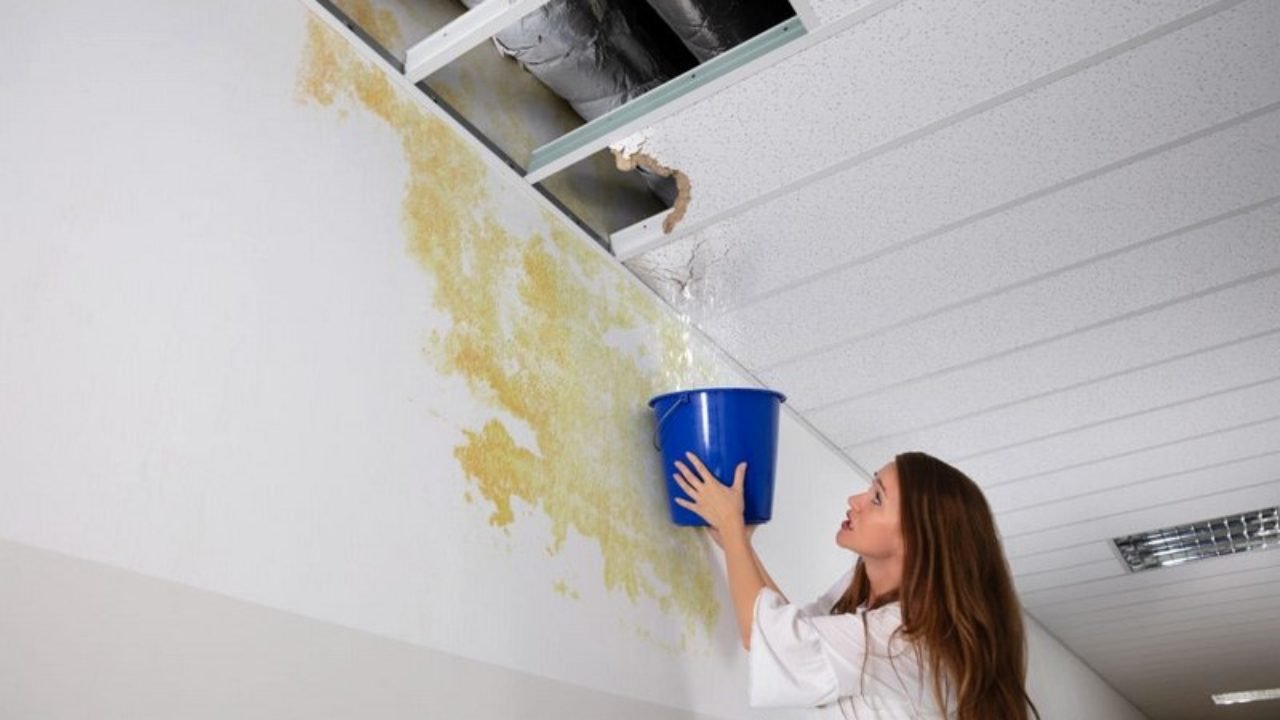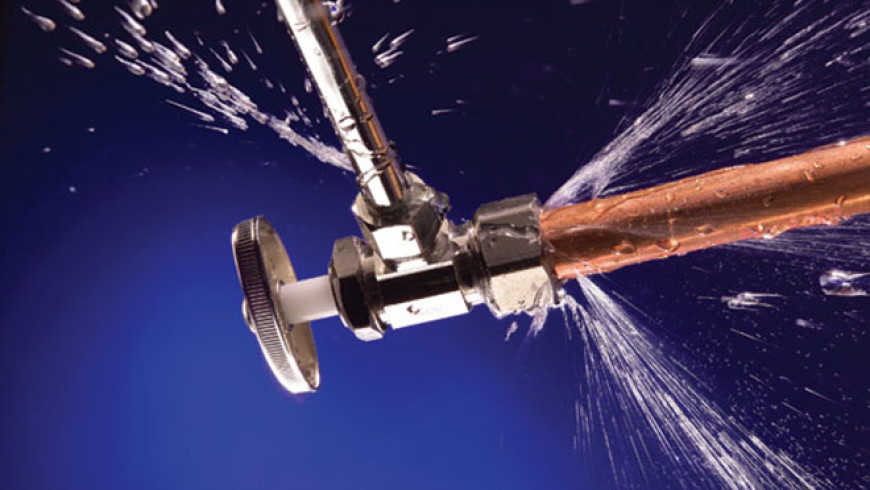What're your opinions about Most Common Causes of Leaky Pipes?

Leaks not just create waste of water but can likewise create unnecessary damage to your home and also promote undesirable natural growth. Regrettably, water leakages could go undetected considering that a lot of the pipework in our house is hidden. By looking as well as understanding for day-to-day circumstances that cause leakages, you can safeguard your residence from future leaks and also unnecessary damages. Today, we will consider six leakage causes that might be causing your pipes to trickle.
Immediate temperature modifications.
Extreme temperature level changes in our pipes can trigger them to increase and acquire all of a sudden. This expansion and contraction might create cracks in the pipes, especially if the temperature level are below freezing. It would certainly be best if you watched on just how your plumbing functions. The existence of the previously pointed out scenarios often indicates a high risk.
Corroded water systems
As time passes by, your plumbing system ages and rust such as corrosion may start gnawing the pipelines. This could be the root cause of staining or bending on your water pipes. This requires an evaluation with your plumber right away. If our plumbing system is old, think about changing the pipes given that they are at a higher risk of deterioration than the more recent versions.
Malfunctioning Pipeline Joints
Pipe joints can wear away over time, resulting in water leaks. If you have noisy pipelines that make ticking or banging sounds, especially when the warm water is turned on, your pipeline joints are probably under a great deal of stress.
Trespassing origins
Most water leaks start outside the house rather than inside it. If you notice an unexpected decline in water pressure, claim in your faucet, take some time to go out and analyze your yard. You could see damp spots or sinkholes in your yard, and that could mean that tree origins are invading water lines creating water to permeate out. You can have your plumber look for breach, particularly if you have trees or shrubs near your residential or commercial property.
Poor Water Connectors
At times, a leakage can be triggered by loose hose pipes as well as pipes that supply your home appliances. In case of a water links leak, you might observe water running straight from the supply line or pools around your appliances.
Blocked Drains
Blocked drains could be annoying and inconveniencing, however they can sometimes end up triggering an overflow causing rupture pipes. Keep removing any materials that might go down your drains pipes that could block them to avoid such hassles.
All the above are reasons for leaks yet not all water leaks result from plumbing leaks; some leaks might come from roofing system leaks. All leaks should be repaired right away to prevent water damage.
Leakages not just trigger waste of water however can likewise trigger unneeded damages to your house as well as promote undesirable organic growth. By looking as well as understanding for day-to-day circumstances that cause leakages, you can safeguard your residence from future leaks and also unnecessary damages. Today, we will look at 6 leakage triggers that may be causing your pipelines to trickle.
At times, a leakage can be triggered by loose hose pipes as well as pipelines that supply your devices. In instance of a water links leakage, you might observe water running directly from the supply line or pools around your home appliances.
How To Check For Water Leak In Your Home
How To Check for Leaks
The average household's leaks can account for nearly 10,000 gallons of water wasted every year and ten percent of homes have leaks that waste 90 gallons or more per day. Common types of leaks found in the home are worn toilet flappers, dripping faucets, and other leaking valves. These types of leaks are often easy to fix, requiring only a few tools and hardware that can pay for themselves in water savings. Fixing easily corrected household water leaks can save homeowners about 10 percent on their water bills.
To check for leaks in your home, you first need to determine whether you're wasting water and then identify the source of the leak. Here are some tips for finding leaks:
Take a look at your water usage during a colder month, such as January or February. If a family of four exceeds 12,000 gallons per month, there are serious leaks.
Check your water meter before and after a two-hour period when no water is being used. If the meter changes at all, you probably have a leak.
Identify toilet leaks by placing a drop of food coloring in the toilet tank. If any color shows up in the bowl after 10 minutes, you have a leak. (Be sure to flush immediately after the experiment to avoid staining the tank.)
Examine faucet gaskets and pipe fittings for any water on the outside of the pipe to check for surface leaks.
Undetected water leaks can happen without the home or business owner even realizing. If you suspect a water leak, but not able to find the source. It is time to contact a professional water leak detection service, The Leak Doctor.
How To Find a Water Leak In Your Home
https://www.leakdoctor.com/blog/How-To-Check-For-Water-Leak-In-Your-Home_AE197.html

We hope you enjoyed our part on How to detect water leaks in your home. Thanks for taking the time to read through our piece. Feel free to set aside a second to share this article if you liked it. Bless you for your time. Come back soon.
Secure your space, call!